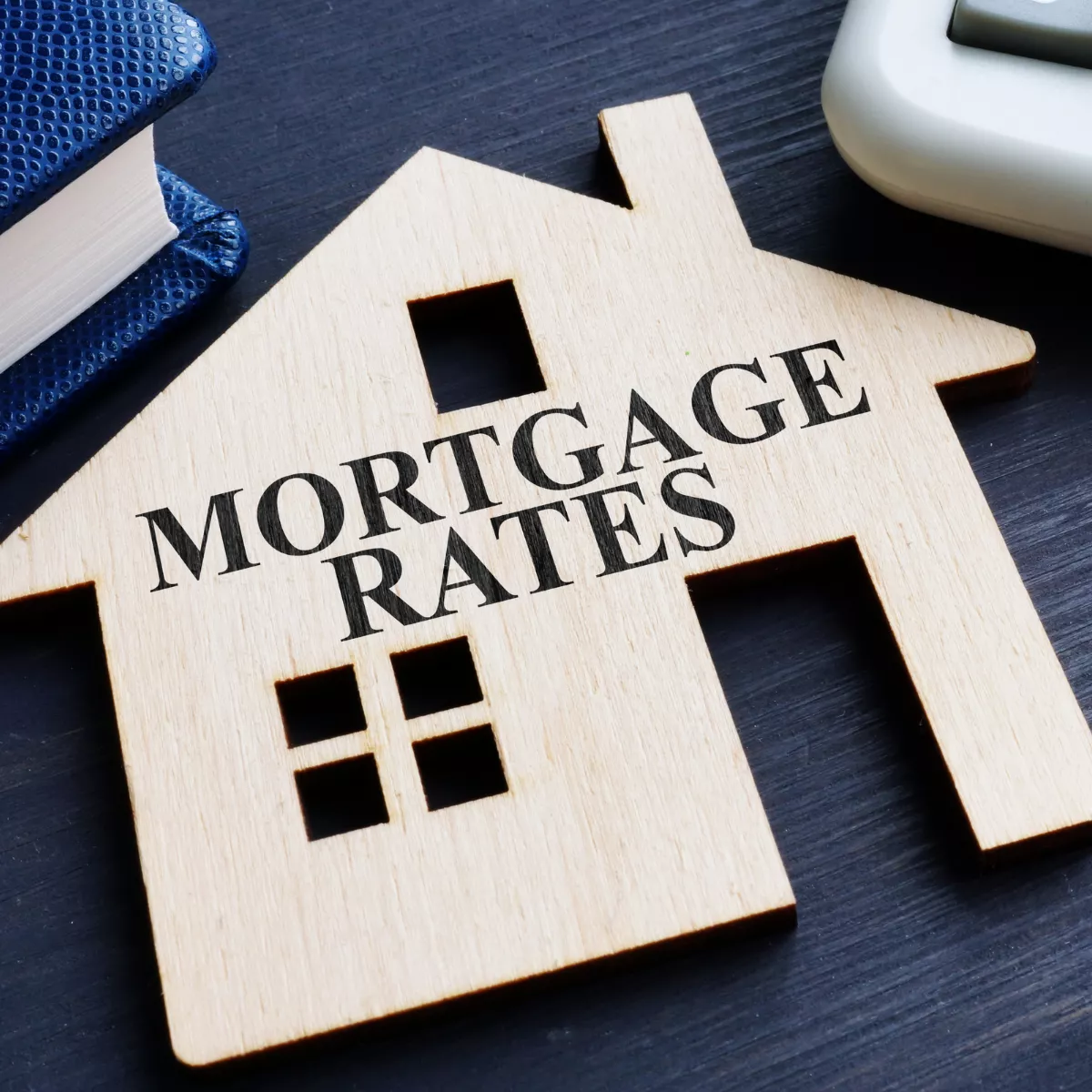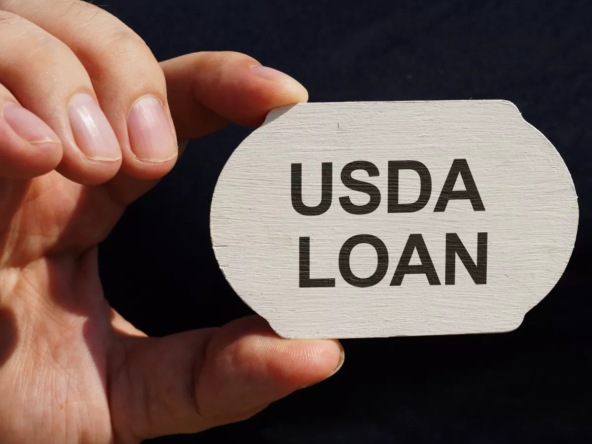When it comes to mortgage options, borrowers can choose between fixed-rate and adjustable-rate loans. These options are available for conventional conforming loans, jumbo (non-conforming) loans, as well as FHA and VA programs.
Fixed-Rate Mortgage
A fixed-rate mortgage maintains the same interest rate throughout the entire loan term, ensuring that the monthly principal and interest (P&I) payments remain consistent. These loans commonly have terms of 15 or 30 years, though borrowers and lenders can agree on different durations.
Advantages:
- Monthly payments remain stable, making it easier to plan your budget.
- Protection against rising interest rates, regardless of market fluctuations.
- Ideal for homeowners who plan to stay in their property for an extended period.
Things to Consider:
- Longer loan terms result in higher total interest payments.
- Shorter-term loans often come with higher monthly payments compared to longer-term options.
Adjustable-Rate Mortgage (ARM)

An adjustable-rate mortgage (ARM) features an interest rate that changes periodically based on market conditions. Initially, the rate remains fixed for a specified period—typically 5, 7, or 10 years—after which it adjusts annually.
Advantages:
- Many ARMs include an interest rate cap, limiting how much the rate can increase.
- Available in various term lengths to suit different financial needs.
Things to Consider:
- Monthly P&I payments may rise when the interest rate adjusts.
- After the fixed period ends, payments could change every year.
For detailed program information, consult specific mortgage pages or speak with a local mortgage expert.
Note: Refinancing an existing mortgage could lead to higher overall financing costs over time.







